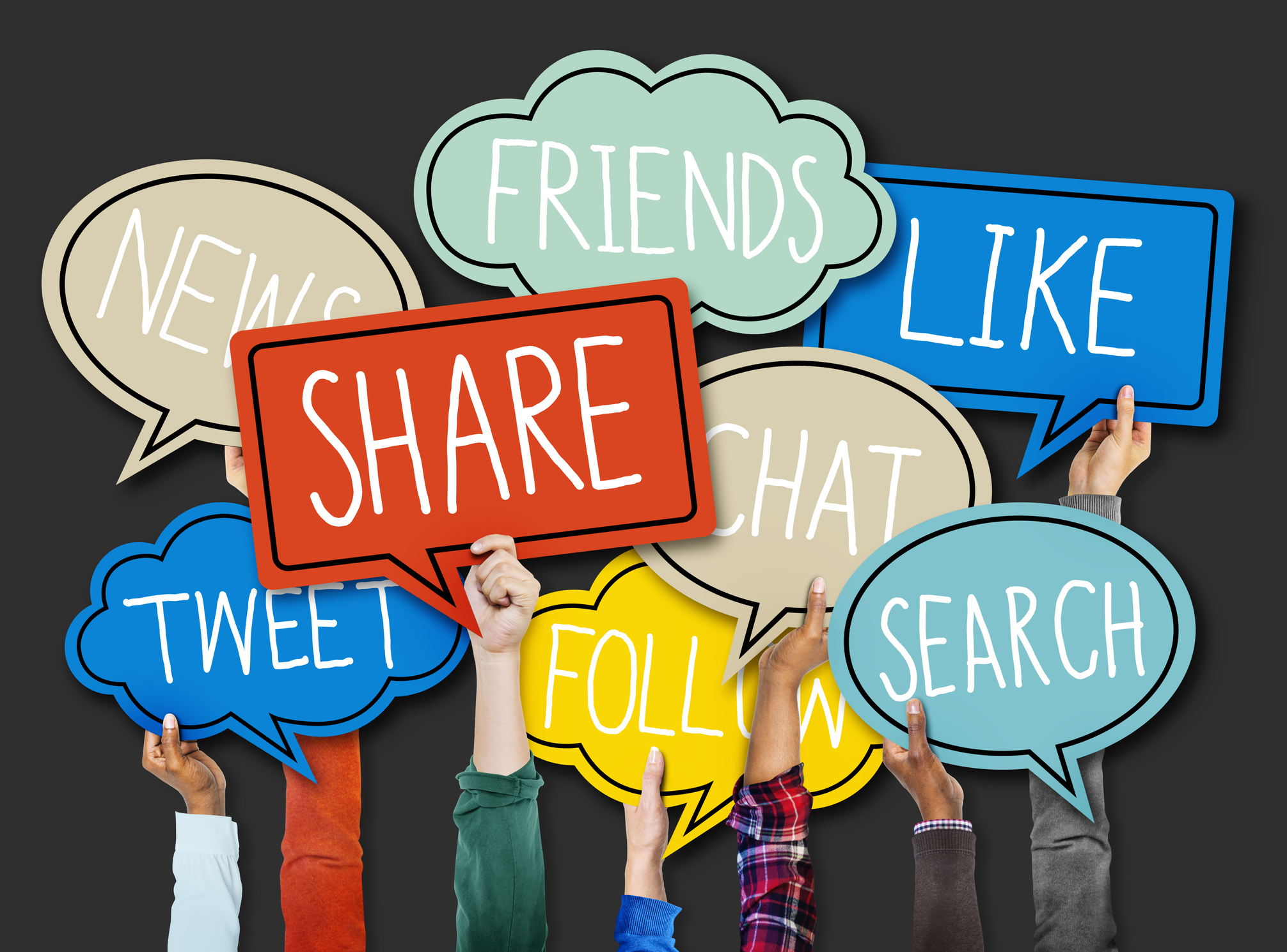
Asking if social media makes you lonely and depressed is a little like asking if eating makes you fat. The answer is yes, absolutely, but not always, not in everyone, and not forever.
Social media use is fine in moderation. But as with any diet that tilts heavily toward foods that lack nutritional value, an excessive intake of social media may be bad for your health.
When it comes to social media, think snack-sized portions
The latest research suggests that limiting social media use to 30 minutes a day “may lead to significant improvement in well-being,” according to a widely publicized University of Pennsylvania study published in the December 2018 issue of the Journal of Social and Clinical Psychology. Working with 143 undergraduates, researchers found that students who limited their use of Facebook, Instagram, and Snapchat to 30 minutes a day for three weeks had significant reductions in loneliness and depression as compared to a control group that made no changes to their social media diet.
Researchers noticed something else that happened when students self-monitored their time on social media. Just being mindful of screen time usage turned out to be beneficial. Students showed “significant decreases in anxiety and fear of missing out,” a side effect of increased self-monitoring, noted researchers. As one study participant put it, “I ended up using [social media] less and felt happier… I could focus on school and not [be as] interested in what everyone is up to.”
Successful strategies for a social media diet
The lesson from this new research is to be more mindful of how we use social media and the role it plays in our lives. It’s fine to do a quick check on what other people are doing, or to keep track of social events to attend. It is less healthy to monitor social media for what we’re missing out on. Be mindful of how — and how much — you use social media.
Being mindful means asking ourselves honestly why we are checking in on Facebook, Instagram, or Snapchat. Is this a replacement for something else you could be doing IRL (in real life)? Healthier substitute activities might include visiting with friends, reading a book, taking a contemplative walk in nature, or participating in arts such as photography, writing, or creative cookery. Be aware of what’s driving you to snack on social media. There are healthier options to satisfy those cravings.
Note also that not all social media is created equal. By its very nature, Facebook posts are highly comparative, and may have a “showoff” character that can’t help but make us compare our life with others. Instagram allows a bit more creative expression, especially for images. Twitter can be devastating when we are trolled by negative commenters, and yet it is also more conversational. Dating apps can be a gateway to a meaningful romantic relationship — or leave us reeling from too many swipe-left rejections. Choose a social media platform carefully. Stick to a social media outlet that helps develop authentic social connections and pulls you into a welcoming community. That is what social media was meant to do in the first place.
Finally, be mindful of who you are before reaching for that social media snack. Some populations, such as college students, are more vulnerable to loneliness. The stress of college can weigh heavily on students who lack a social network to help them battle negative thoughts. According to a 2017 survey of nearly 48,000 college students, some 64% said they had felt “very lonely” in the previous 12 months. If engaging in social media does not leave you with warm feelings, dial down usage.
That University of Pennsylvania study established a clear causal link between less social media use and improvements in loneliness and depression. But researchers also had this to say about social media: “It is ironic, but perhaps not surprising, that reducing social media, which promised to help us connect with others, actually helps people feel less lonely and depressed.”
When it comes to social media, less is more.
Follow me on Twitter
